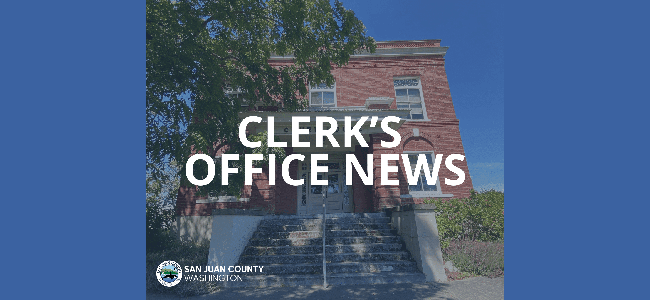Bullwings: Orcas Issues is proud to collaborate with the Stewardship Network of the San Juans to bring its series, “A Short Run to the Sea” to our readers.
We will reproduce daily articles from the series created and published on Stewardship Connections, an electronic publication of the San Juan County Marine Resources Committee and Lead Entity for Salmon Recovery.
Welcome to “A Short Run”
For many of us in the San Juans, water is why we’re here. Watching the sea is fascinating, from the dancing light on breezy sunny days to the waves crashing on the shore when winter storms reach their peak. Some of us make our living on the water. Many more find solace in boating, fishing or paddling. We all need to travel over it to do business and see friends and neighbors on other islands and on the mainland. We use it to clean many things in our lives and, of course, we drink it. Water is the source of life for us and all of the plants and animals on land, in fresh water and in the sea.
And in the process of using it, and going about our daily lives on the islands, we add things to it; we change it. Simple acts in our daily lives reduce the purity of our waters. Our household cleaning products, personal care products, medicines, yard and garden maintenance products and leaks from cars and boats all have the potential to make their way, untreated, into our fresh and marine waters. When they do, this polluted runoff is called “stormwater.” This name can be misleading, but what it essentially means is these substances get washed one way or another into our ponds, streams, wetlands, aquifers and the surrounding sea. These daily inputs may be small in isolation, but together they can start to affect the health and safety of our water.
Within the Puget Sound and encompassing Salish Sea, current research has shown that the greatest source of water pollution is coming from “non-point source” inputs. That is a small oil leak from a car, a failing septic system, overuse of fertilizers or pesticides, pills flushed down the toilet or chemical-laden soap used to wash your car or boat. We tend to think of the San Juans as pristine in comparison to urban areas on the mainland. Yet we are seeing that what we do every day does affect our waters and that our care is needed.
“A Short Run to the Sea” is an effort of the Stewardship Network of the San Juans to share insights and information about water in the San Juan Islands: where our fresh water comes from, how it travels across and through our land, how it’s purified, how it becomes contaminated, what problems that contamination can cause, and how we, together, through our individual actions, can keep our waters healthy and safe.
For the full series of articles, go to www.shortruntothesea.org
The San Juan Marine Resources Committee (MRC) was started in 1996 as a grassroots effort to establish local management of marine resources. It was the prototype for the creation of a federally sponsored network of seven MRCs working in northern Puget Sound and the Strait of Juan de Fuca. The MRCs are supported by federal funding through the Northwest Straits Marine Conservation Initiative.
The”Short Run to the Sea” campaign, has been supported by the Education, Communication and Outreach Network (ECONet) of the Puget Sound Partnership.
**If you are reading theOrcasonian for free, thank your fellow islanders. If you would like to support theOrcasonian CLICK HERE to set your modestly-priced, voluntary subscription. Otherwise, no worries; we’re happy to share with you.**






